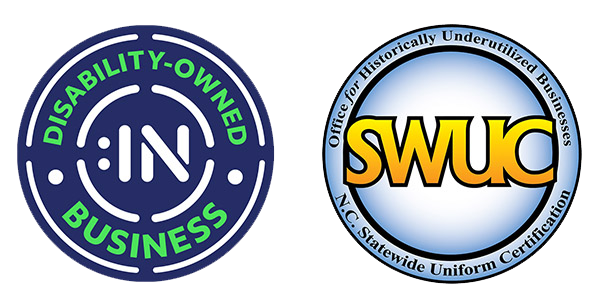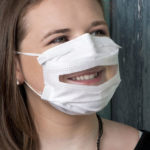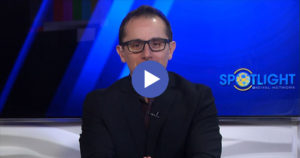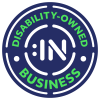Learn How You Can Advocate for the Deaf While Mask Mandates Are In Place
August 23, 2021 2021-08-24 10:04Learn How You Can Advocate for the Deaf While Mask Mandates Are In Place
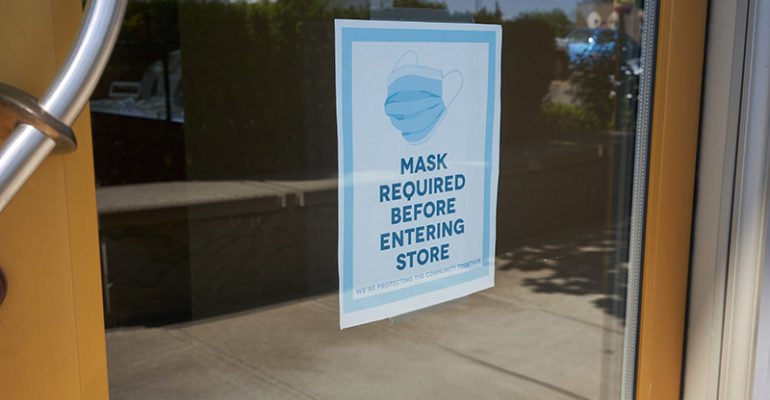
Learn How You Can Advocate for the Deaf While Mask Mandates Are In Place
The Centers for Disease Control and Prevention on July 27 advised all Americans, including those who are vaccinated, go back to masking indoors in public spaces, especially in areas of the country that are seeing significant spread of COVID-19 and the variants of concern that we know about so far.
Coronavirus won’t be going away any time soon, and some experts are worried about what this fall season might look like. The CDC has advised that all students, teachers and school staff members in the U.S. wear medical grade face masks for optimum protection at school, regardless of vaccination status — while emphasizes that schools should still resume in-person learning. This is also what the American Academy of Pediatrics recently advised in a press announcement on July 19, 2021.
Unfortunately, 1 in 5 people in the U.S. age 12 and older struggle with hearing loss according to an archived study done by Johns Hopkins in 2014. This statistic means there is a much larger community of people who are impacted by mask mandates because they rely on lip-reading to communicate; those who are deaf, hard of hearing, autistic, suffering from dementia, senior citizens, and students in special education programs, to name a few.
Mask mandates do not make organizations exempt to accommodating persons with disabilities. Healthcare systems, educational institutions, and business organizations need to be prepared in educating their workforce by providing solutions to accommodate employees and customers with hearing loss and others who are visual communicators.
In July 2020, Bunn v. Nike Inc., San Francisco Superior Court, resulted in a class action settlement for customers who are deaf or hard of hearing. The suit claimed that Nike’s policy requiring all retail employees to wear face masks violated the ADA. In the settlement, Nike agreed to make the following changes to address the issues for customers who are deaf or hard of hearing: (1) make reasonable modifications to policy, practice, and procedure by requiring employees to wear transparent face masks to provide effective communication; (2) provide guidance to employees about accommodating customers; and (3) post signs at store entrances notifying customers they can request additional assistance.
The deaf and hard of hearing rely on the ability to see facial expressions and lip-read, to carry on a conversation. You may know someone who has been affected by deafness as 1 in every 5 Americans have hearing loss to the extent that communication is impacted.
Become part of the solution and advocate for visual communicators by encouraging your employers, teachers and medical professionals to use ADA effective masks and improve the lines of communication for everyone.
Purchase Online
Featured Deaf Leader
Recent Articles
